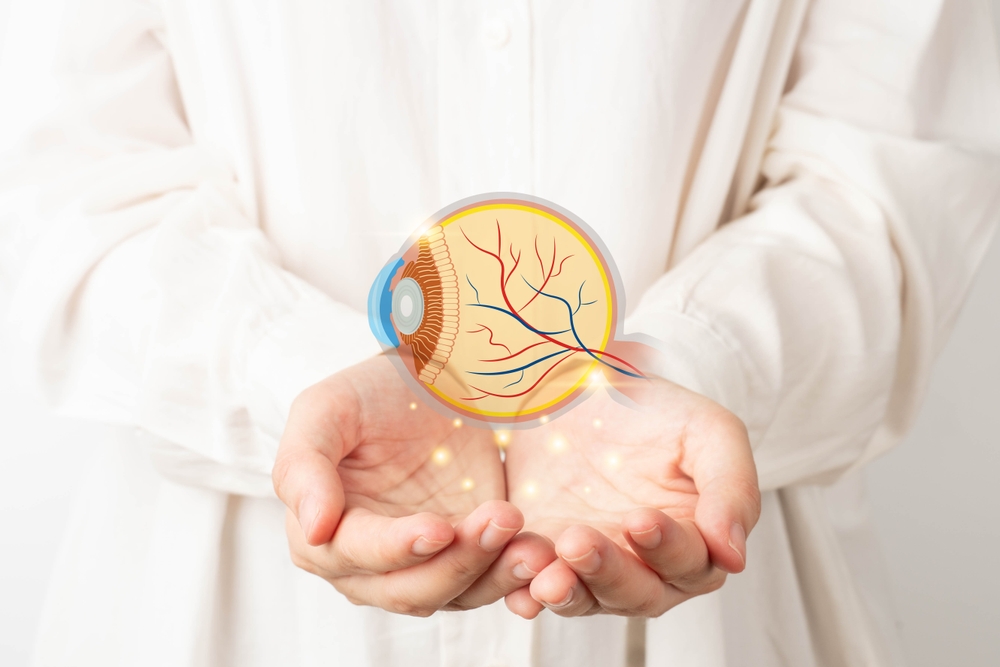
A concussion or traumatic brain injury (TBI) can have a profound impact on various bodily functions, including vision. Many individuals who experience a concussion notice changes in their visual abilities, such as difficulty focusing, double vision, dizziness, or trouble tracking moving objects. Since nearly 70% of brain pathways are involved in vision processing, it is no surprise that vision therapy plays a critical role in recovery after a brain injury.
Understanding the Impact of a Concussion on Vision
Following a concussion or TBI, many people develop visual dysfunctions that can significantly impact daily life. Some of the most common post-injury vision problems include:
• Blurred or Double Vision – Difficulty maintaining clear, single vision can make reading and focusing on tasks challenging.
• Light Sensitivity – Many individuals become highly sensitive to bright lights or digital screens.
• Eye Coordination Issues – The eyes may struggle to work together, leading to depth perception problems and difficulty tracking moving objects.
• Dizziness and Balance Problems – The visual system plays a key role in maintaining balance, and disruptions can lead to instability and vertigo.
• Difficulty with Reading and Concentration – Trouble focusing on words, losing place while reading, or feeling fatigued after visual tasks are common.
The Importance of Seeking Professional Help
If you or a loved one is struggling with visual symptoms after a concussion or TBI, it is essential to seek professional care. Delaying treatment can prolong recovery and impact overall quality of life. A comprehensive vision evaluation by a specialist in neuro-optometric rehabilitation can help determine the best course of action for your unique needs.
How Vision Therapy Helps Post-Concussion Recovery
Vision therapy is a customized, non-invasive treatment program designed to retrain the brain and eyes to work together effectively. One key component of vision therapy is oculomotor training, which consists of exercises that enhance eye tracking, focusing ability, and coordination. These exercises help individuals improve their ability to follow moving objects, read without losing their place, and maintain focus for extended periods. Strengthening these fundamental visual skills is crucial for tasks such as reading, driving, and working on digital screens.
Another essential aspect of vision therapy is vestibular integration therapy, which enhances the connection between the visual and balance systems. Many individuals with post-concussion vision issues experience dizziness and instability, making daily activities like walking, standing, or navigating crowded spaces difficult. By integrating vestibular exercises, patients can improve their spatial awareness and overall balance, reducing feelings of vertigo and unsteadiness.
In some cases, prism lenses or therapeutic glasses may be prescribed to assist with eye alignment and reduce double vision. These specialized lenses help the eyes work together more effectively, improving depth perception and reducing visual stress. For many patients, prism lenses play a crucial role in restoring visual clarity and stability.
Vision therapy is designed to address the root cause of post-concussion vision issues, rather than simply compensating for symptoms. With a structured therapy program, many individuals experience significant improvements in visual function, leading to reduced headaches, dizziness, and cognitive strain. By targeting and retraining the affected visual pathways, vision therapy offers a long-term solution for those recovering from a concussion or traumatic brain injury.
Take the Next Step in Your Recovery
Concussions and TBIs can disrupt visual processing, leading to a range of frustrating symptoms that interfere with daily life. Vision therapy offers a proven, effective approach to restoring visual function and helping patients regain confidence in their daily activities. By addressing the underlying visual deficits caused by a brain injury, vision therapy plays a crucial role in post-concussion rehabilitation.
If you are experiencing visual challenges after a concussion or TBI, schedule a consultation with Eye Therapy Vision Rehabilitation Center and discover how vision therapy can transform your vision and comfort. Visit our Lantern Lane location in Houston (713) 324-8889, Sealy office (281) 404-9191, Energy Corridor (281) 741-7295, or Pasadena, Texas (281) 445-2021 to book an appointment today.






